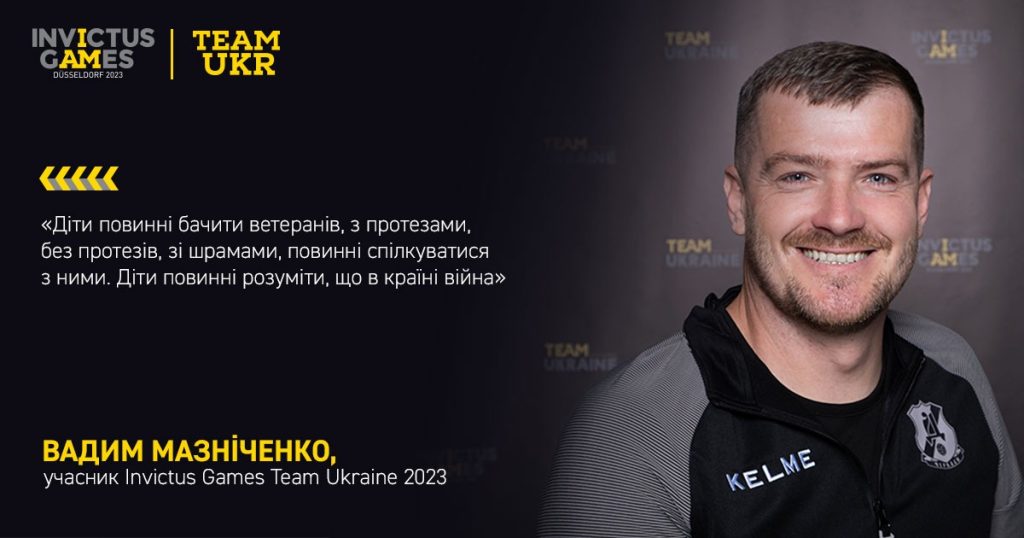The first year of the war
“Until 2014, I worked in Kyiv installing metal structures. And I went to war voluntarily and became a grenade launcher. My ego led me then, and I knew I had to do this. I was a paratrooper during the compulsory military service. So I felt obliged to do it. I got into the second round of mobilization.
No one ever really taught me to love my country. While I was on compulsory military service, or at work, the TV broadcasted the idea of the power of russia, about its weapons. I remember this, but I didn’t pay much attention to it at the time.
I met my wife in 2012, and in 2014 I went to war. We were not married yet. She probably didn’t fully understand where I was going at the time. I was ready to die, and my family still had three sons-my younger brothers-my parents would not be left alone. In general, I had no fear then, I don’t know why.
We weren’t even told where we were going, which was confusing at first. We were immediately brought to the Mariupol-Volnovakha-Donetsk highway. We did not realise this immediately. At first, we had no radio, no equipment, and were driving ZILs.
There were many different moments. Once we were supposed to stay in the forest, and I had a rough idea where our checkpoint should be. I went to check everything and was fine and there were our people there. The next day, a tank fired at us from that position. I went there again, but our people were no longer there and there was no connection with them. It’s good that I have a photographic memory and am well oriented on the terrain. As a result, we eventually found our guys.
I heard the guys shouting: “Myko-o-ola!” in Ukrainian.
When I went to war, I realized that I would return from it either wounded or dead. I didn’t think about being captured. Although the guys were very worried, they had heard stories about Kadyrov’s men and what they did to prisoners. For some reason, I did not accept it. I thought that the best thing was not to cultivate fear in myself, not to fill my head with stupid thoughts and just let it be. Because if you let those thoughts take over you – it gets worse.
At war, the first thing you have to think about is how to save your comrade’s life. You have to try to cover each other, and take responsibility. I tried to help others. For example, when I saw that the guys couldn’t do something I would go and get water for everyone, or repair the night sight on the RPG. I was active not only on the frontline but also at the headquarters.
In the army, like in school, everyone tries to stick together in groups. I didn’t stick to any group and tried to maintain equal relations with everyone. And since I am not a conflict person, I always tried to resolve other people’s conflicts. I realized that it was not about just being friends, but it was about defending the country.
Injury
Nine years have passed since I was wounded, but I still remember everything clearly. The guys heard a shot and ran away. I hid behind a tree. It was September 2014. When I got wounded, I realised I didn’t want to look at my legs. I looked at my hand and saw that the thumb was turned to the other side and there were several wounds. I didn’t want to look at my other hand because I understood everything.
I tried to crawl on my elbows, pushing myself with my left foot and I tried to crawl on my back, not knowing why and where. A mine does not hit the same place twice.
I was conscious all the time until they injected me with Nalbufin. I remember the helicopter, they woke me up and asked me what blood type I was. I said: “O, I don’t know whether “+” or “-” ” and passed out. I woke up again in Odesa. I was lying like a mummy, all bandaged.
The doctor told the nurses to keep an eye on me and to have a sedative ready to give me in case I had a shock. But I got through everything fine. I had a breathing tube and I could not speak. I woke up because I was hungry. I opened my eyes, a nurse came running up, and I was mooing to her and pointing to my stomach. She thought I had a stomachache, and then she realised I was hungry. Food through the tube tastes really bad. I vomited. And when they took the tube away, my first words were: “Well, finally I can talk”.
I asked for the phone. I was like a robot that had to fulfil its mission at all costs: wake up – call. I always told the guys that they should know one phone number by heart because anything can happen and the phone may not be nearby, but you need to know the number. I called my wife. She was shocked. My mother grabbed the phone, and I told her that I was fine. But they already knew I was in Odesa. They came the next day. They were almost crying and I had to calm them down.
And then I was told that I was taken to the 61st Mobile Hospital. Medics tried to stabilise my condition there. I had surgery on my arm and leg. There is also a video where the power went out during the operation and they had to stitch me up with a flashlight. Someone did not want me to survive, but I did.
Acceptance, rehabilitation
It was not my injuries that hindered me more, but my head. I probably had PTSD, I did not understand people, and I could establish a connection with them. I wasn’t aggressive, but then I asked volunteers to find me a psychologist. I wanted to understand whether my language and my logical thinking were okay. I saw myself as an adequate person, but for society, I could look like a fool.
Something inside me changed. Although, I did not become a psychic person, as it happens after a coma, but I knew that there is nothing after death – neither hell nor heaven.
When a person dies, it seems like just a moment. For me, six days in a coma flew by like a second. When you are very tired, you close your eyes and then open them – it’s been just one second.
While still in the hospital, I was looking at and reading about prostheses. Because I really wanted to walk. A wheelchair is a wheelchair, but I wanted to walk. I dreamed of being discharged as soon as possible and going to get prosthetics. Before the New Year 2015, I was discharged and on February 16, I got to the Kharkiv Institute of Prosthetics.
It took a long time there. I took it well. I had no reason to rush. When I had arms and legs, I could get depressed and had a complex. Before the war, I was insecure and thought girls didn’t like me. And when I was transferred to the hospital ward, this complex disappeared. When volunteers came to visit me and I would charm them with my smile and self-confidence. Then I realized that since this happened, I need to get myself together, be confident, and others will love me. They will see this confidence and be drawn to me and support me. And if you carry only negativity all the time, no one will be able to help you.
I got a prosthesis for my leg, and it is really hard to live without an arm to be honest. Although, it is much easier without a prosthesis. I have already got used to it. An arm prosthesis is ok for a person who is not really acrive, but a very active person it might be a burden.
Full-scale war
A full-scale war is hard for me. Compared to previous years, there are a lot of wounded guys without arms or legs in hospitals now. I can’t support them because they are convinced that in a few weeks they will receive a prosthesis and return to the war to their positions. But when you are missing two legs, it is almost impossible. I try to support one person at a time.
Since I am not fighting, I am engaged in cargo transportation. I transported sugar, boards, bricks, and ammonia. In Cherkasy, each veteran is given a financial aid of 100 thousand hryvnias. I received this money and thought about what I could spend it on. It was enough for a “bucket of bolts” – that’s what I call my truck. I bought it in 2020, spent the whole of 2021 repairing it myself, and in 2022 I started to use it.
You had to learn how to do a lot of things with one hand and one foot. Did you learn anything unusual?
I learned a lot of so-called “life hacks”. For example, when a person is driving and holds the steering wheel with one hand and the phone with the other, he or she cannot turn on the turn signal. When I see people changing lanes without a turn signal, I say: “Here comes another armless man”. I turn on the turn signal, while he can’t. I realised that you can really do a lot of things with one hand.
Are you a responsible person?
I always try to help. I can give advice, I can help.
How do you respond to an offer to help?
If you want to help – you are welcome. I understand that people are pleased when they are able to help. Why not give them this opportunity? People are angry now, and we should spread at least some joy.
Do you notice how society reacts to your injuries?
I was invited to school, I told the children about my prostheses and showed them. Children need to see veterans, with prostheses, without prostheses, with scars, and communicate with them. Children need to understand that there is a war in our country because some parents limit them to this information. Our parents’ generation did not see war veterans because they were made invisible by the Soviet Union. And now we are here and we are not hiding.
Are people’s attitudes changing?
It’s changing a little bit. But we, the veterans, have to guide the society a little bit, because if you demonstrate some weakness they will take over. People should tshould be grateful to veterans, just like in America: “Thank you for your service”. In general, they should treat us as ordinary people and not emphasize our disabilities or injuries.
When one person thanks you for your service, it causes stress. But if many people express gratitude, it will give the veteran confidence. Veterans will know that they did not go to war in vain.
Do you have a person who inspires you?
Vadym Svyrydenko is an example for me. We met in 2015 when we were flying to the United States for rehabilitation.
Why do you participate in the Invictus Games?
I want to keep myself in shape. I want to take my mind off my job as the head of a condominium. I want to win the competition in Germany.

